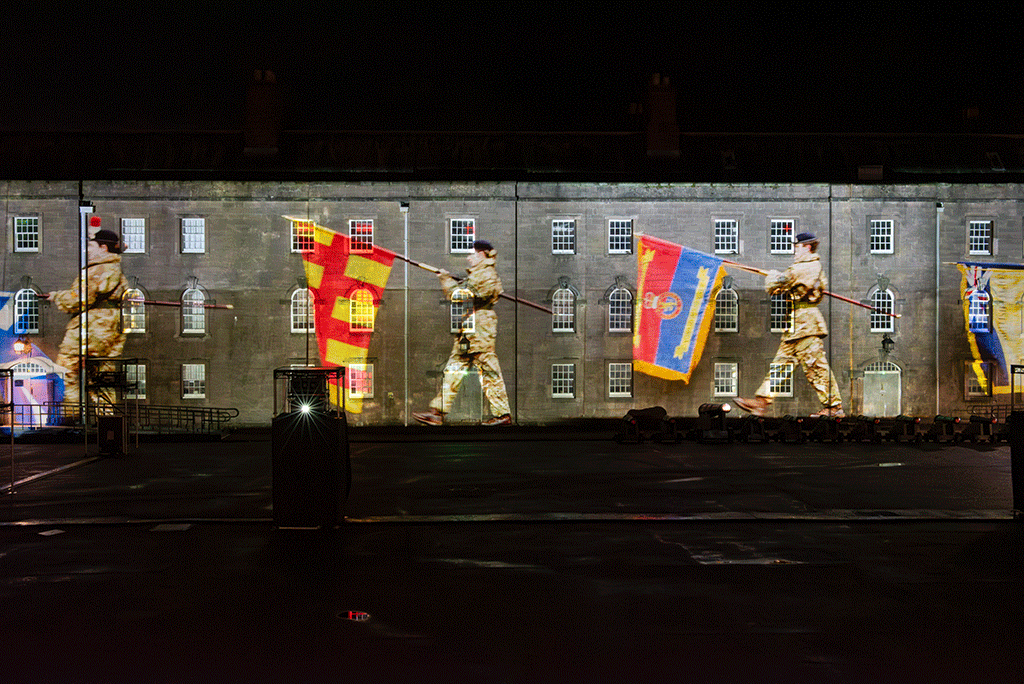
One of the trickiest situations you can encounter if you’re a counsellor is having a client you can’t reach. They sit there in front of you, pain in their eyes, but somehow every approach you make meets with resistance. It’s like trying to touch someone through a closed window – you can see them, but you keep bumping into the glass.
I have two at the moment. One is Cypriot; I’ll call her Androulla, and she scares me rather as she is a doctor and never smiles and knows everything. ‘Yes, I have tried that,’ she says. ‘Yes, I am familiar with that book/ line of thinking/ philosophical method – it hasn’t worked for me.’
And I know that we’ve found the poisonous plant in the heart of her heart and pulled it up by the roots. I am as sure as I can be that she will get better now.
Yet she is dreadfully sad. Her mother died out in Cyprus, and she couldn’t get there in time. Her grief is eating her. She glares at me, desperate to be helped but bristling with gun turrets. Hmm.
Eventually I remember something Jane Goodall said. Jane Goodall is one of the world’s wonderful people… her work with chimpanzees back in the 60s dramatically changed our relationship with animals, and she still travels the world at the age of nearly 90 encouraging young people to take action on climate change. In her lovely Book of Hope she describes how when she’s completely knackered or stuck with something, she sort of hands herself over to an outside power. ‘I just relax and decide to appeal to the source of hidden strength,’ she writes. ‘There’s a wisdom that’s far, far, far greater than my own.’ When she surrenders in this way, she often gives her best lectures she says.
I think I might give it a try with Androulla. As a gradually-learning-to-be-more-trusting Christian, it seems most appropriate to follow in the footsteps of St Francis. So just before our next session I shut my eyes and say, ‘Help Lord, I don’t know what to say to her. Please take over and use me as a channel – she could really do with your peace and grace, and I seem to be in the way’. I’m quite a controlling person normally so I feel a bit reluctant… but if it works for Jane Goodall and for St Francis, I’m not going to argue!
To my surprise, I find myself asking Androulla what her understanding of the word ‘mercy’ might be – not a very usual counselling question. Even more surprising, her eyes fill with tears and suddenly she says that the last time she saw her mother, she told her she hated her, and had a physical fight with her and hurt the skin on her old arms. Crying properly now, the poor woman says she doesn’t deserve forgiveness after that, and I find myself telling her how mercy sees everything with utter clarity and loves and accepts it whatever is deserved or not deserved. And I know that we’ve found the poisonous plant in the heart of her heart and pulled it up by the roots. I am as sure as I can be that she will get better now.
Something compassionate has breathed on these locks, and the stuck windows have suddenly yielded and opened to let the air in.
Then today the same thing happens again – with Bella, my other client who cannot forgive herself, in this case for the fact that her violent alcoholic husband drank even more after she finally left him and died of organ failure in a homeless shelter. We’ve gone over and over her guilt for weeks, and she has remained shiny and brittle and artificially bright and fine. We’ve got nowhere. Until now. ‘Dear Lord,’ I say before I ring her, ‘help me find a way through to her. Let me remove myself and all my assumptions, so that your healing can flow through to her and give her some rest.’ I do my best to relax into our conversation, just to let what wants to come, come. And out of nowhere, I am suddenly inspired to ask her whether she’d feel guilty if her husband had died of some terrible illness like cancer.
‘No,’ she says.
‘Well… you’re a medical secretary. You’ll know better than me that alcoholism is an illness,’ I say.
There’s a very long silence.
‘Doesn’t that mean you’ve both been suffering from this terrible illness?’ I ask eventually. ‘Dave because it drove him crazy and then killed him; you because it blighted your life, and is blighting it still? Isn’t it time you said, “No, enough!” to this pestilence?’
I can see it in my mind’s eye, the alcoholism, like a swarm of red locusts or a scarlet dragon, devouring both Bella and Dave. I don’t feel that’s an image I came up with, it’s just there in my mind. I can feel this lodging in Bella’s mind too… a whole new way of thinking, a great big shift in emphasis, a transfer of responsibility from her to the monster.
I don’t know whether the idea is fully rooted yet, whether we can rely on it to grow and flourish and bear good fruit. But I sense that it is at least planted and watered. A bit more sunshine, some careful tending… and probably a lot more trusting would seem to be the way forward.
It’s not in the training manual, this technique. You won’t hear the British Association of Counselling and Psychotherapy recommending that therapists hand themselves over to Jane Goodall’s ‘outside power’. But something compassionate has breathed on these locks, and the stuck windows have suddenly yielded and opened to let the air in.









